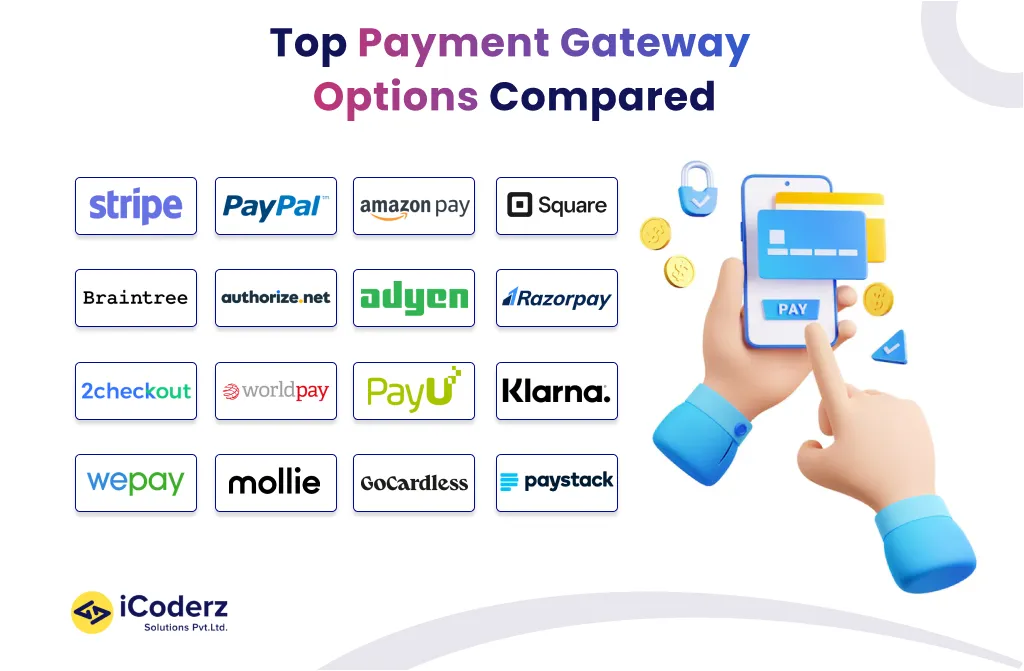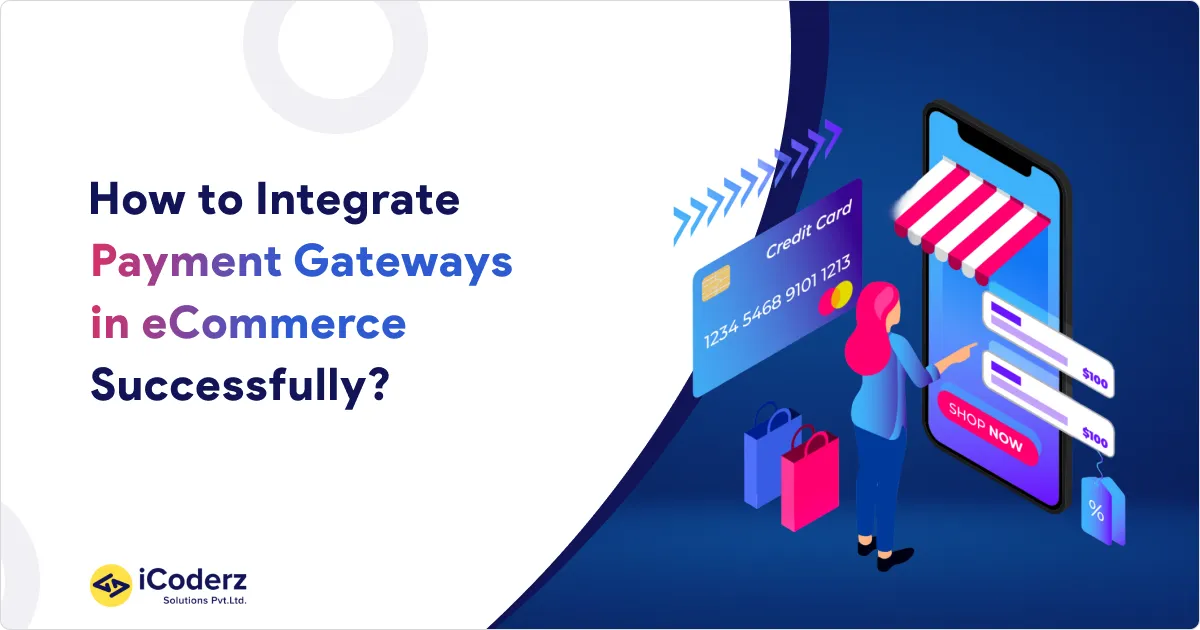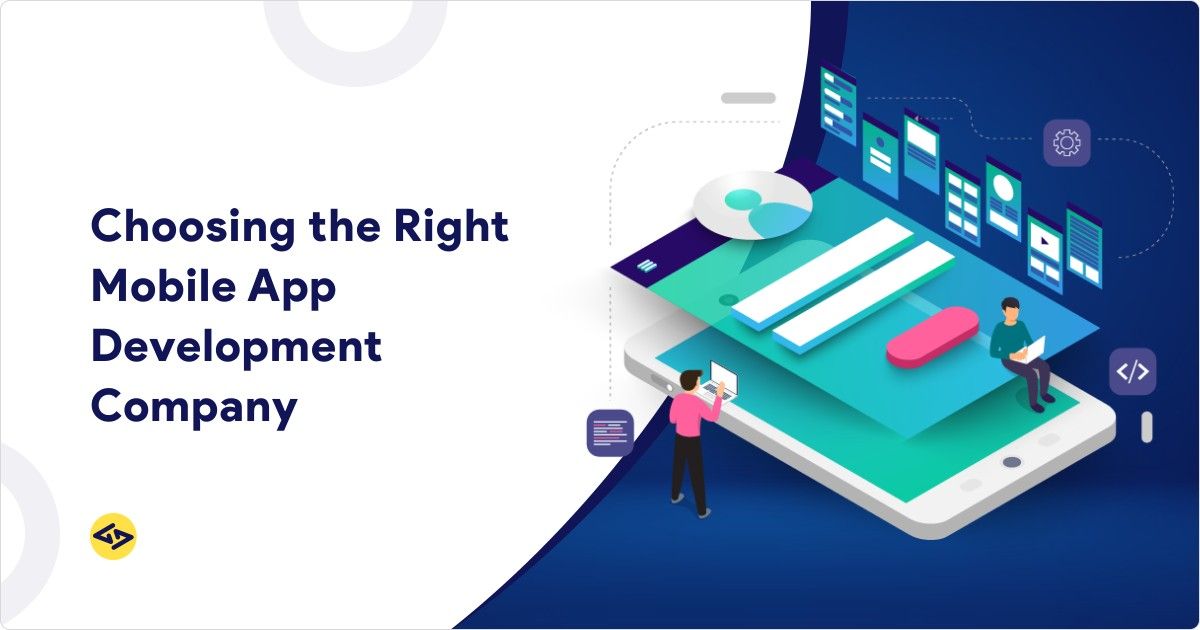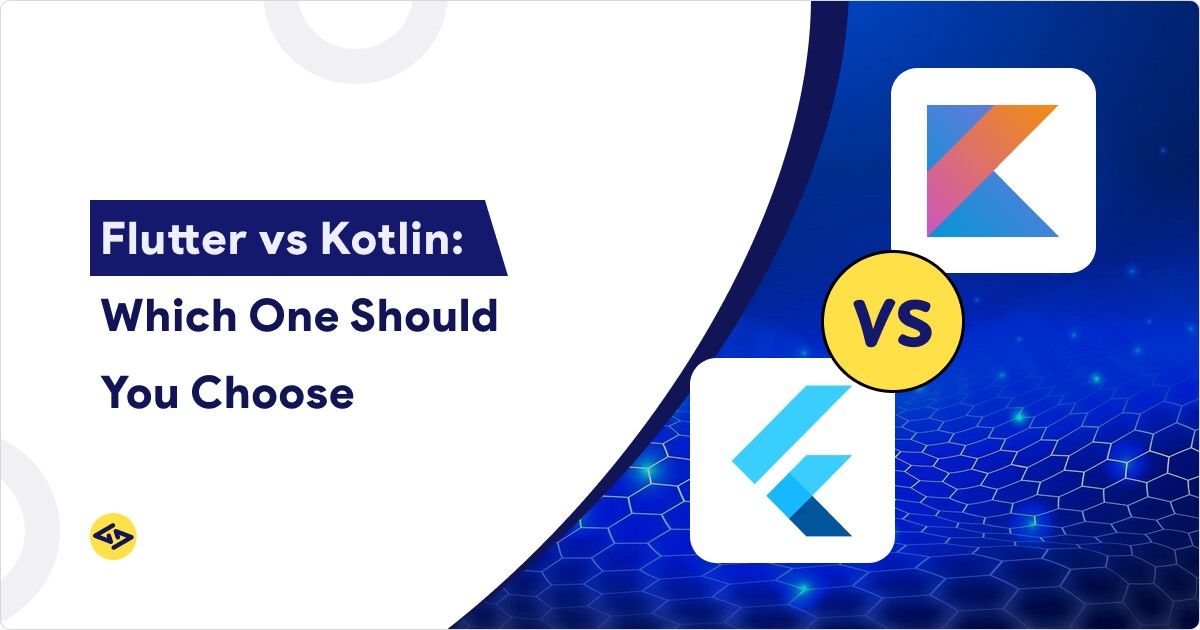Table of Contents
- What is Payment Gateway Integration?
- Top Payment Gateway Options Compared
- Other Leading Payment Gateway Options
- 4) Square for Small Business
- 5) Braintree for Enterprise
- 6) Authorize.Net for Traditional Businesses
- 7) Adyen: Global Enterprise Solution
- 8) Razorpay: India’s Leading Gateway
- 9) 2Checkout (now Verifone): Global Digital Commerce
- 10) Worldpay (FIS): Omnichannel Processing
- 11) PayU: Emerging Market Specialist
- 12) Klarna: Buy Now, Pay Later Integration
- 13) WePay (JP Morgan Chase): Embedded Payments
- 14) Mollie: European Payment Excellence
- 15) GoCardless: Direct Debit Specialist
- 16) Paystack: African Market Leader
- Integration Implementation Guide
- Cost Analysis and ROI Considerations
- Common Integration Challenges and Solutions
- Choosing the Right Payment Gateway
- Future-Proofing Your Payment Strategy
- Conclusion and Next Steps
- Simplify Checkout. Multiply Sales.
Choosing the right payment gateway integration can make or break your ecommerce business. With online payment fraud losses reaching $48 billion globally in 2023, and 70% of online shopping carts abandoned due to payment friction, your decision on a payment gateway directly impacts both security and revenue.
This comprehensive guide examines the leading payment gateway options, including Stripe, PayPal, Amazon Pay, and others, providing you with the technical insights, cost comparisons, and implementation strategies needed to make an informed decision for your online store.
What is Payment Gateway Integration?
How Payment Gateways Work in eCommerce
A payment gateway serves as the digital bridge between your ecommerce store and financial institutions, securely processing customer payment information in real-time. When a customer clicks “Buy Now,” the payment gateway encrypts their card details, routes the transaction through banking networks, and returns an approval or decline decision—all within seconds.
The integration process involves connecting your ecommerce platform to the gateway’s API (Application Programming Interface), enabling seamless communication between your website and the payment processor. Modern payment gateway integration typically supports multiple payment methods, including credit cards, digital wallets such as Apple Pay, buy-now-pay-later options, and even cryptocurrencies.
Why Proper Integration Matters for Your Business
Beyond simply accepting payments, a well-implemented payment gateway integration provides:
- Enhanced Security: PCI DSS compliance and tokenization protect sensitive customer data
- Improved Conversion: Streamlined checkout reduces cart abandonment by up to 35%
- Global Reach: Multi-currency support enables international expansion
- Operational Efficiency: Automated reconciliation and reporting save administrative time
- Customer Trust: Recognizable payment brands increase purchase confidence
Top Payment Gateway Options Compared

1) Stripe: Developer-Friendly Integration
Stripe has revolutionized online payments with its developer-first approach, powering over 4 million businesses worldwide. Its robust API and extensive documentation make it the preferred choice for custom ecommerce implementations.
Stripe Integration Process
Stripe’s integration begins with creating a developer account and obtaining API keys. The basic implementation involves:
- Frontend Integration: Adding Stripe Elements to your checkout form for secure card collection
- Backend Processing: Using Stripe’s API to create payment intents and handle transactions
- Webhook Configuration: Setting up real-time event notifications for payment status updates
- Testing Environment: Utilizing Stripe’s comprehensive test mode before going live
The entire integration can be completed in as little as a few hours for experienced developers, with Stripe’s detailed documentation covering everything from basic card payments to complex subscription billing.
Pricing and Fees
Stripe’s transparent pricing model charges 2.9% + 30¢ for online transactions, with no setup fees or monthly charges. International cards incur an additional 1.5% fee, and currency conversion incurs an additional 1%. For high-volume businesses, Stripe Plus offers custom pricing with dedicated support.
2) PayPal: Trusted Global Solution
With over 430 million active accounts worldwide, PayPal remains the most recognizable payment brand globally. Its ecosystem includes traditional PayPal payments, PayPal Credit, and the Venmo integration for younger demographics.
PayPal Integration Methods
PayPal offers multiple integration approaches:
- Standard Integration: Simple button implementation with PayPal-hosted checkout
- Advanced Integration: Custom checkout experience using PayPal’s REST APIs
- Express Checkout: One-click payments for returning PayPal customers
- PayPal Commerce Platform: Comprehensive solution for marketplace businesses
The Express Checkout integration is particularly powerful, enabling customers to bypass lengthy checkout forms entirely and reduce completion time by up to 82%.
Cost Analysis
PayPal’s standard rate is 2.9% + a fixed fee per transaction, with the fixed fee varying by currency (currently 30¢ for USD). International transactions incur a 4.4% fee plus a fixed fee. PayPal Advanced offers slightly reduced rates for qualifying businesses, while PayPal Pro provides more customization options at $30/month plus transaction fees.
3) Amazon Pay: Leveraging Amazon’s Ecosystem
Amazon Pay capitalizes on the 200+ million Amazon Prime members who already have stored payment methods and shipping addresses, significantly reducing checkout friction.
Implementation Steps
Amazon Pay integration involves:
- Merchant Registration: Applying for an Amazon Pay merchant account
- API Integration: Implementing Amazon Pay buttons and widgets
- Address Book Access: Utilizing customers’ stored Amazon shipping addresses
- Voice Commerce: Optional Alexa integration for voice-activated purchasing
The integration is particularly effective for businesses targeting Amazon’s customer base, with conversion rates often 20-30% higher than traditional checkout flows.
Fee Structure
Amazon Pay charges 2.9% + 30¢ for domestic transactions, matching Stripe’s pricing. However, the reduced development time and higher conversion rates often justify the similar fees. International transactions vary by region, with European rates at 3.4% + regional fees.
Other Leading Payment Gateway Options
4) Square for Small Business
Square excels in omnichannel retail, seamlessly connecting online and in-person payments. Its flat-rate pricing (2.9% + 30¢ online, 2.6% + 10¢ in-person) and integrated point-of-sale system make it ideal for retailers with physical locations. Square’s ecosystem includes inventory management, employee scheduling, and customer analytics.
5) Braintree for Enterprise
Owned by PayPal, Braintree targets enterprise clients with advanced features like marketplace splits, extensive international coverage, and sophisticated fraud protection. Custom pricing is available for high-volume merchants, typically starting at 2.4% + 30¢ for qualified businesses processing over $80,000 monthly.
6) Authorize.Net for Traditional Businesses
As one of the oldest payment gateways, Authorize.Net offers reliability and seamless integration with traditional merchant accounts. At $25/month, plus transaction fees starting at 2.9% + 30¢, it appeals to established businesses that prefer traditional banking relationships and extensive reporting capabilities.
7) Adyen: Global Enterprise Solution
Adyen processes payments for major brands such as Uber, Spotify, and eBay, providing a unified platform for online, mobile, and in-store payments. With direct connections to Visa, Mastercard, and local payment schemes, Adyen supports over 250 payment methods across more than 150 currencies. Pricing starts at 0.60% + interchange fees for enterprise clients.
8) Razorpay: India’s Leading Gateway
Dominating the Indian market, Razorpay supports UPI, net banking, wallets, and cards with local payment method expertise. With 2% transaction fees and no setup costs, it’s optimized for Indian businesses, featuring automatic tax invoice generation and local customer support.
9) 2Checkout (now Verifone): Global Digital Commerce
2Checkout specializes in international markets, supporting 87 currencies and over 45 payment methods. Their global seller services include tax compliance, fraud protection, and subscription management. Pricing ranges from 3.5% + 35¢ for standard plans to custom enterprise rates.
10) Worldpay (FIS): Omnichannel Processing
Worldpay offers comprehensive payment processing for businesses of all sizes, from SMBs to large enterprises. Their unified commerce platform processes over 40 billion transactions annually across 146 countries. Custom pricing is available, typically ranging from 2.7% to 3.2% plus fixed fees.
11) PayU: Emerging Market Specialist
PayU focuses on high-growth markets including India, Latin America, and Central Europe, processing $55+ billion in payment volume annually. Their local expertise includes region-specific payment methods, such as OXXO in Mexico and Boleto in Brazil. Pricing varies by market, typically ranging from 2.5% to 3.9%, depending on the payment method.
12) Klarna: Buy Now, Pay Later Integration
Beyond traditional BNPL services, Klarna offers payment processing with “Pay Now” options alongside its flexible payment plans. Integration includes one-click checkout and personalized shopping experiences. Merchant fees range from 3.29% + 30¢ for Pay Now to 5.99% + 30¢ for installment plans.
13) WePay (JP Morgan Chase): Embedded Payments
WePay specializes in embedded payment solutions for platforms and marketplaces, offering white-label payment processing with advanced underwriting and compliance management. Acquired by JP Morgan Chase, it provides enterprise-grade infrastructure with pricing starting at 2.9% + 30¢ plus platform fees.
14) Mollie: European Payment Excellence
Popular in Europe, Mollie supports 25+ payment methods, including local favorites like iDEAL, Bancontact, and SOFORT. Their transparent pricing model (no setup fees, no monthly costs) and excellent developer experience make them ideal for European businesses. Transaction fees range from 1.8% to 2.8% depending on payment method.
15) GoCardless: Direct Debit Specialist
GoCardless specializes in bank-to-bank payments and recurring billing through direct debit systems worldwide. Supporting SEPA, ACH, Bacs, and other local schemes, they offer significantly lower fees (1% capped at $4 per transaction) for subscription businesses and recurring payments.
16) Paystack: African Market Leader
Paystack, acquired by Stripe, dominates payments across Africa with support for mobile money, bank transfers, and cards. Optimized for African markets with features like USSD payments and local bank partnerships. Standard pricing is 1.5% + ₦100 for local cards and 3.9% + ₦100 for international transactions.
Integration Implementation Guide
Pre-Integration Planning
Successful payment gateway integration begins with thorough planning:
Business Requirements Assessment:
- Monthly transaction volume projections
- Average order value analysis
- International sales requirements
- Subscription or recurring billing needs
- Mobile commerce priorities
Technical Infrastructure Review:
- Current ecommerce platform capabilities
- Development team expertise
- SSL certificate and security compliance
- Server performance and scalability
- Backup and disaster recovery plans
Technical Requirements and Setup
Modern payment gateway integration requires several technical components:
Security Infrastructure:
- SSL/TLS encryption for all payment pages
- PCI DSS compliance measures
- Secure token handling and storage
- Regular security audits and updates
Development Environment:
- Staging environment mirroring production
- Version control for code management
- Automated testing frameworks
- Error logging and monitoring systems
API Integration Standards:
- RESTful API implementation best practices
- Webhook handling for asynchronous events
- Rate limiting and error handling
- Comprehensive documentation and code comments
Testing Your Payment Gateway Integration
Thorough testing prevents costly production issues:
Test Card Numbers: All major gateways offer specific test card numbers for various scenarios, including successful charges, declined transactions, and fraud detection triggers.
Edge Case Testing: Verify handling of network timeouts, partial payments, refunds, and chargebacks.
Load Testing: Ensure your integration handles peak traffic volumes without performance degradation.
Security Testing: Conduct penetration testing to identify vulnerabilities before launch.
Security Best Practices
Payment security requires multiple layers of protection:
Tokenization: Never store actual card numbers; use tokens for recurring transactions
3D Secure Authentication: Implement additional verification for high-risk transactions
Fraud Detection: Configure velocity checks and behavioral analysis
Regular Updates: Keep payment gateway SDKs and dependencies current
Monitoring: Set up real-time alerts for unusual transaction patterns
Cost Analysis and ROI Considerations
Payment Gateway Fees Breakdown
Understanding the total cost structure helps optimize payment processing expenses:
Transaction Fees: The most visible cost, ranging from 2.6% to 3.4% plus fixed fees
Monthly Fees: Some gateways charge $10-30 monthly maintenance fees
Setup Costs: Initial integration and development expenses
Chargeback Fees: $15-25 per disputed transaction
International Fees: An Additional 1-2% for cross-border transactions
Hidden Costs to Consider
Beyond advertised rates, factor in:
Development Time: Custom integrations can require 40-80 hours of developer time
Maintenance Overhead: Ongoing updates and security patches
Failed Transaction Costs: Some gateways charge for declined attempts
Currency Conversion: Real-time rates often include 2-3% markups
Compliance Audits: Annual PCI DSS compliance assessments
Calculating Your Total Cost of Ownership
A comprehensive ROI analysis should include:
Revenue Impact: Higher conversion rates from trusted payment brands often offset increased fees. For example, Amazon Pay’s 25% conversion lift can justify its transaction costs for many businesses.
Operational Savings: Automated reconciliation and reporting reduce administrative costs by an estimated 5-10 hours per month for mid-sized businesses.
Risk Mitigation: Advanced fraud detection prevents losses that average 1.2% of annual revenue for unprotected merchants.
Common Integration Challenges and Solutions
Technical Integration Issues
API Version Compatibility: Payment gateways frequently update their APIs, which can impact compatibility. Maintain compatibility by implementing proper versioning and staying current with gateway documentation.
Webhook Reliability: Network issues can cause webhook failures. Implement retry logic with exponential backoff and maintain webhook endpoints with high availability.
Mobile Responsiveness: Ensure payment forms are compatible with all devices and platforms. Utilize responsive design and thoroughly test on mobile browsers.
Compliance and Security Concerns
PCI DSS Requirements: Achieving compliance can be a complex process. Consider using hosted payment pages or tokenization to reduce your PCI scope.
GDPR and Data Privacy: European customers require explicit consent for the processing of their data. Implement clear privacy policies and data retention procedures to ensure transparency and accountability.
SCA (Strong Customer Authentication): European regulations require two-factor authentication for many transactions. Ensure your integration supports 3D Secure 2.0.
Multi-Gateway Management
Gateway Redundancy: Implement multiple payment gateways to ensure 99.9% uptime. Utilize intelligent routing to direct transactions to the most suitable processor.
Reconciliation Complexity: Multiple gateways create reporting challenges. Implement centralized dashboard solutions or automated reconciliation tools to streamline processes.
Customer Experience Consistency: Ensure uniform checkout experiences across various payment methods through meticulous UI/UX design.
Choosing the Right Payment Gateway
Business Size and Volume Considerations
Startups and Small Businesses: Stripe or Square offer the best combination of ease of use and competitive pricing, with minimal setup costs and straightforward integration.
Mid-Market Companies: Consider PayPal for brand recognition or Braintree for advanced features. Negotiate custom rates once you exceed $50,000 in monthly volume.
Enterprise Organizations: Evaluate Braintree, Authorize.Net, or direct processor relationships. Custom pricing and dedicated support become more important than advertised rates.
Geographic and Currency Requirements
Domestic-Only Businesses: Any major gateway will suffice; focus on ease of integration and customer preference.
International Expansion: Prioritize gateways with strong local payment method support. For example, Stripe excels in Europe and Asia, while PayPal dominates Latin America.
Multi-Currency Operations: Ensure real-time currency conversion and local settlement capabilities to minimize foreign exchange costs.
Integration Complexity Assessment
Existing Platform Integration: WooCommerce, Shopify, and Magento offer pre-built plugins for most gateways, making it easy to integrate with these platforms. Custom platforms require API integration.
Development Resources: Technical teams comfortable with APIs can leverage Stripe’s flexibility to streamline their operations. Less technical organizations benefit from PayPal’s guided setup.
Timeline Constraints: Standard integrations can be completed in 1-2 weeks, while custom implementations may require 4-8 weeks.
Future-Proofing Your Payment Strategy
Emerging Payment Technologies
The payments landscape continues evolving rapidly:
Buy Now, Pay Later (BNPL): Services like Klarna and Affirm are increasingly popular, especially among younger demographics. Average order values increase 20-40% with BNPL options.
Central Bank Digital Currencies (CBDCs): Government-backed digital currencies are being piloted globally. Early adopters may gain competitive advantages.
Biometric Authentication: Fingerprint and facial recognition are becoming standard for mobile payments, reducing fraud while improving user experience.
Mobile and Digital Wallet Integration
Mobile commerce now represents over 70% of ecommerce traffic:
Apple Pay and Google Pay: Essential for mobile optimization, reducing checkout time by 60%
Samsung Pay: Important for Android users in Asian markets
Regional Wallets: Alipay and WeChat Pay for Chinese customers, PayTM for Indian markets
Cryptocurrency Payment Options
While still niche, cryptocurrency payments are gaining traction:
Bitcoin and Ethereum: Major cryptocurrencies with growing merchant adoption
Stablecoins: USDC and USDT offer crypto benefits without price volatility
Integration Services: BitPay and Coinbase Commerce simplify crypto payment acceptance.
At the same time, interest in self-custodial Bitcoin solutions is rising across Europe, with platforms like Relai making it easier for individuals abd businesses to buy and hold Bitcoin directly.
Early cryptocurrency adoption can differentiate your brand and attract tech-savvy customers, though transaction volumes remain low for most businesses.
Conclusion and Next Steps
Selecting the optimal payment gateway integration requires striking a balance between technical capabilities, cost considerations, and customer expectations. Stripe leads in developer experience and flexibility, PayPal dominates in global recognition and trust, while Amazon Pay excels in conversion optimization for existing Amazon customers.
For most businesses starting their ecommerce journey, Stripe offers the best combination of features, pricing, and scalability. Established retailers benefit from PayPal’s brand recognition and Express Checkout conversion improvements. Businesses targeting Amazon Prime members should strongly consider the advantages of Amazon Pay’s integrated ecosystem.
Recommended Action Plan:
Assess Your Requirements: Complete the business requirements and technical infrastructure review outlined above
Start with Testing: Create sandbox accounts with your top 2-3 gateway choices and build proof-of-concept integrations
Measure Performance: Track conversion rates, customer feedback, and technical performance during testing phases
Scale Gradually: Begin with one primary gateway and add alternatives as transaction volume grows
Monitor and Optimize: Continuously analyze payment data to optimize gateway selection and reduce processing costs
The payment gateway you choose today will process thousands of transactions and have a significant impact on the customer experience. Take time for a thorough evaluation, but don’t let analysis paralysis delay your launch; you can always add additional gateways as your business grows.
Simplify Checkout. Multiply Sales.
Discover how Stripe, PayPal, and Amazon Pay can transform your eCommerce store into a frictionless buying journey.




